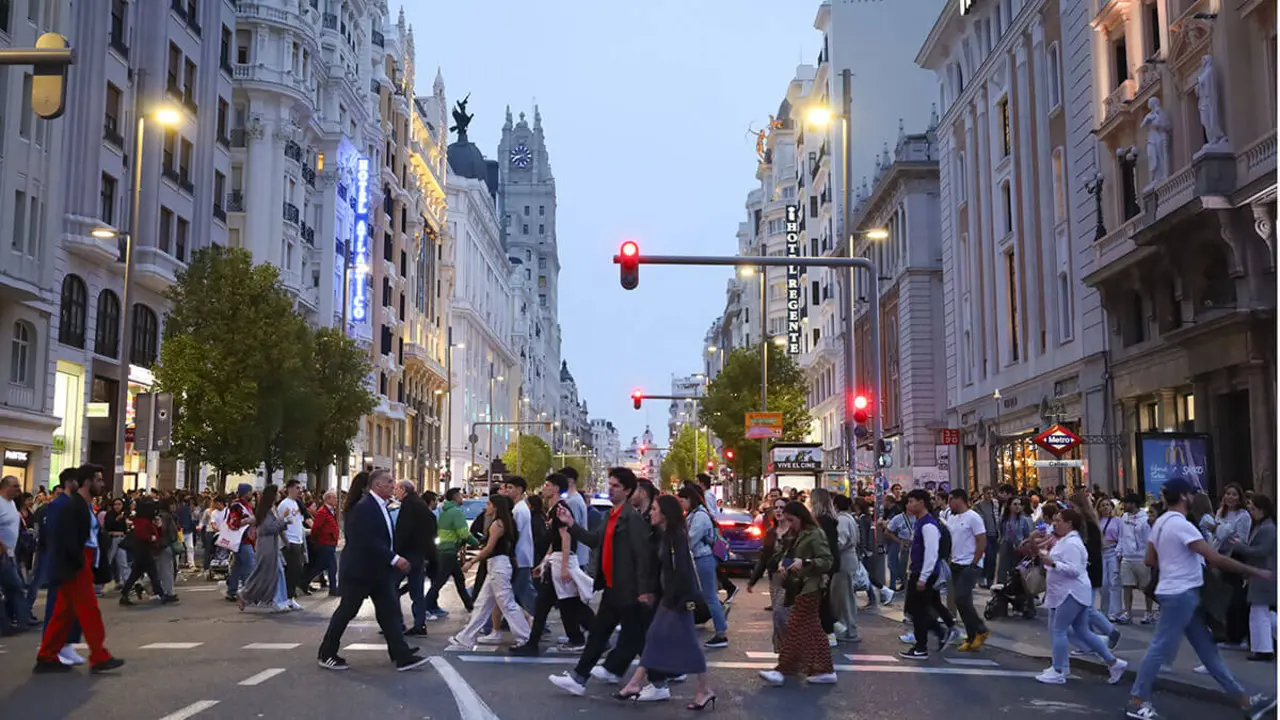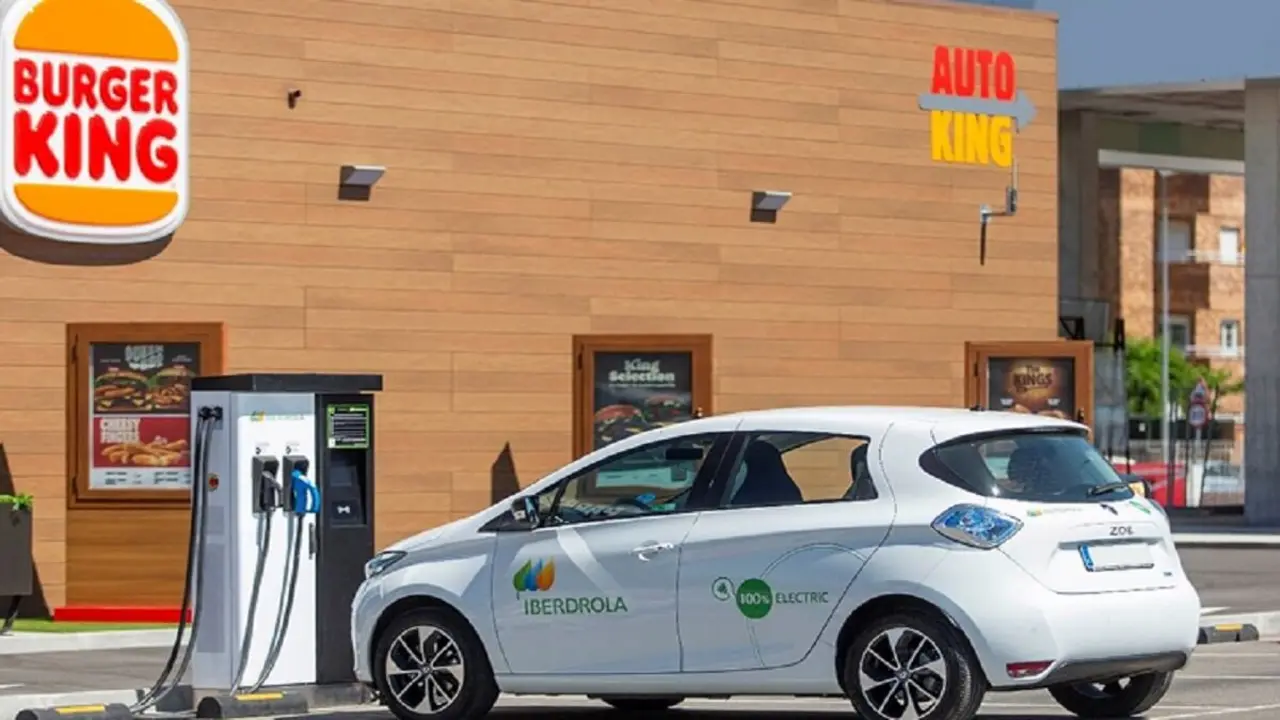The Ever Given is sailing again

The Panamanian container ship Ever Given has resumed sailing after being held up in the Suez Canal since the end of March. The 400-metre-long vessel weighed anchor at around 11.20am local time (9.20am GMT), EFE news agency confirmed.
Yesterday, the Economic Court of the city of Ismailiya decided to withdraw the order issued last April, by which it held the vessel and which, after reaching an agreement with the Japanese company Shoei Kisen, allows the Ever Given to sail freely. The Suez Canal Authority (SCA) has confirmed that an agreement has been reached with the Japanese company.

The details of the agreement are unknown, the SCA initially asked for compensation of 600 million, which it eventually reduced to 550 million, but claims that the company that owns the ship has only offered 150 million. According to the SCA, Egypt lost 12 to 15 million dollars (approximately 9.8 million to 12.5 million euros) every day that the canal was closed. In total, 422 vessels, carrying 26 million tonnes of goods, were stranded because of the incident.
The "Ever Given" ran aground for six intense days and caused a worldwide collapse of international trade. The Canal Authority maintains that Egypt was not at fault and that the ship bears full responsibility for what happened. The head of the Suez Canal Authority, Admiral Osama Rabie, had already said that the Ever Given would not be allowed to leave the country until financial compensation was received from the owner.

After the signing of the agreement, which will take place in the presence of the head of the Authority, Admiral Osama Rabie, the representative of the company that owns the vessel and "several ambassadors and international partners", the Ever Given will set course for Rotterdam, which was its final destination when it ran aground three months ago in the Suez Canal. This puts an end to a dispute that has dragged on for months, and which for a week had international markets on tenterhooks.
The blockage of the Suez Canal has led to the search for alternative routes to continue with the commercial transit of containers and goods. Some shipping lines considered different routes, in particular the one around Africa via the Cape of Good Hope. However, this route, which would avoid the collapse of the Suez Canal, would add at least 10 days to shipping, according to the International Chamber of Shipping. For its part, Russia put forward the option of the Arctic Route, a proposal it defended as the fastest, cheapest, safest and most environmentally friendly way of transporting goods, but which has yet to prove its reliability.








